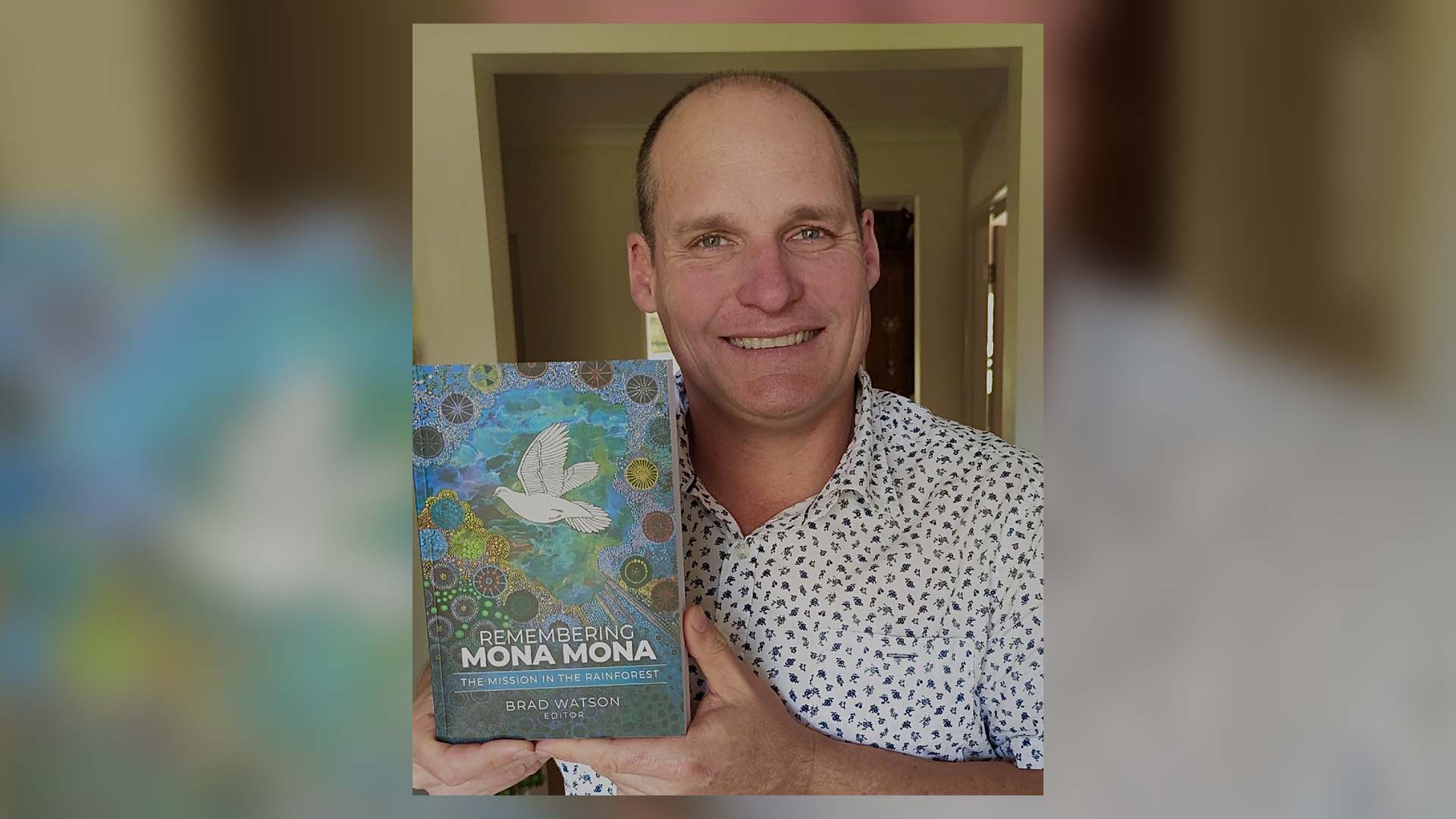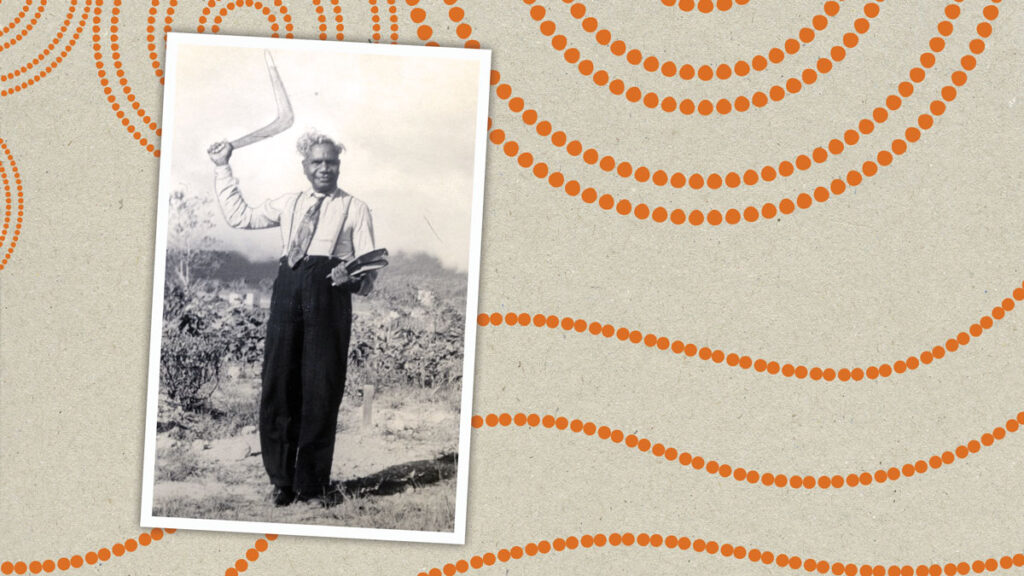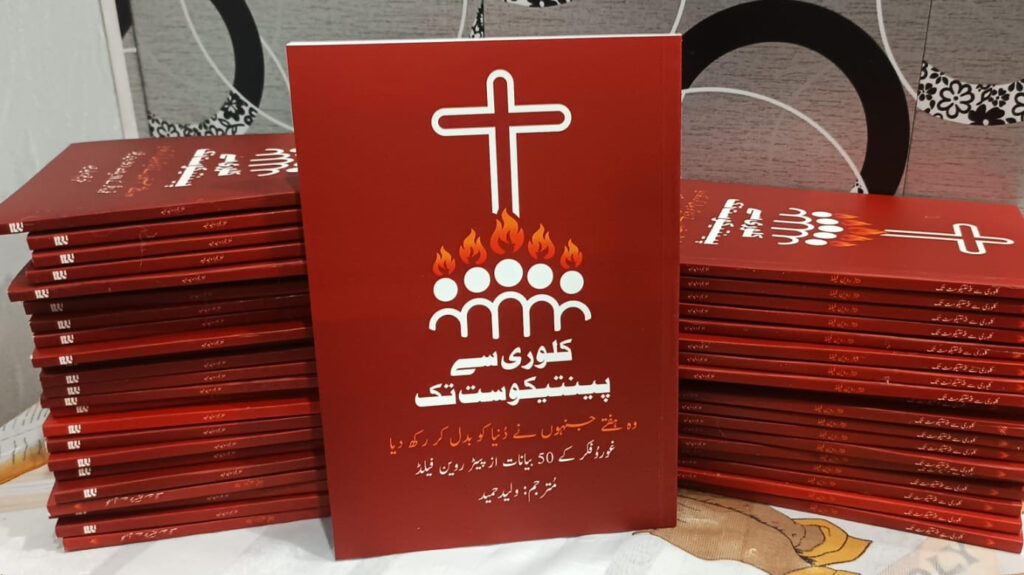An experienced author and academic, Dr Brad Watson recently launched Remembering Mona Mona: The Mission in the Rainforest. Working with other Avondale University historians and Indigenous ministry leaders, he has researched and written the history of Mona Mona Mission, a unique Seventh-day Adventist institution that operated from 1913 to 1962 near Kuranda in northern Queensland. Dr Watson talked about this project and why it matters.
Tell us how the idea for the book began for you.
It’s been quite a journey for me! Sometimes a book leads to another book and while I was working with Pastor Lester Hawkes on his book When God Calls, Expect Adventure, I discovered that Aboriginal missionaries had served in Papua New Guinea in the 1930s. I was intrigued and talked my bosses into letting me attend the 100th anniversary celebrations of the Mona Mona’s establishment. It was humbling to worship with many of the elders that day on the old property, imagine what the mission was like and imagine our Aboriginal missionaries setting off to Papua. It was one of those God moments and I knew I just had to help write a book about this incredibly important part of our church history.
What attracted you to the project?
Ever since I was a history student, I’ve been aware of the devastating impact of disease and dispossession on Australia’s First Peoples. But I had no idea that the church had run Mona Mona Mission from 1913 to 1962, or that my grandad, Pastor Harold Grosse, had worked with ex-residents in Mareeba. All the articles I could find were so positive about the Mission, but the elders I talked to were emphatic that there was much more to the story and the truth should be told. Little did I know how hard that would be and how it would change my thinking.
What were you most surprised to learn about the stories and history of the Adventist mission at Mona Mona?
Because there is now so much criticism of missions, I was really surprised to hear so many fond memories and positive accounts. But I was also incredibly humbled to learn that in those days, mission staff discouraged culture, punished children for speaking language, and placed all the children in dormitories. I was a little heartbroken when one elder said that they felt like part of the Stolen Generation because, even though they had loving parents, they weren’t allowed to live with them on the mission and were taken to the dormitory. For some children this was really painful.
Why is it important to write this history?
History is incredibly hard to write and there are many perspectives and stories. The weight of our written documents portray the missionaries in a very positive way, with the residents—or “inmates” as they were called in Queensland—portrayed as needing to be rescued from themselves. With the best of intentions, the missionaries set out to save their Aboriginal residents for a heavenly kingdom, but unwittingly worked with a government that unquestioningly imposed Western culture and beliefs in the assumption that almost all Aboriginal culture was worthless. Reconciliation is about truth telling and in writing this book, we have tried to show both sides of the story.
Why is it important to read history like this?
For hundreds of years, Aboriginal and Torres Strait Islands have struggled to be heard. I believe that one of the most powerful things we can do as Christians is to listen, learn and affirm. At the 100th anniversary, a number of elders agreed that it was important to capture their stories, both good and bad, while they were still alive—and to tell the truth. I really do believe that the truth sets us free. In my case, researching this book under the careful guidance of Lynelda Tippo and several elders, has opened my eyes. Sometimes that has been uncomfortable and sometimes that has made me proud. I hope that this attempt at truth telling can help our church take steps towards reconciliation, which is, after all, a very biblical concept involving listening, apology and setting things right
Remembering Mona Mona: The Mission in the Rainforest is now available from Adventist bookshops in Australia and New Zealand, or online.
To get the details of a special program discussing and presenting Remembering Mona Mona this weekend, October 2, visit: https://wp.avondale.edu.au/news/event/remembering-mona-mona/






